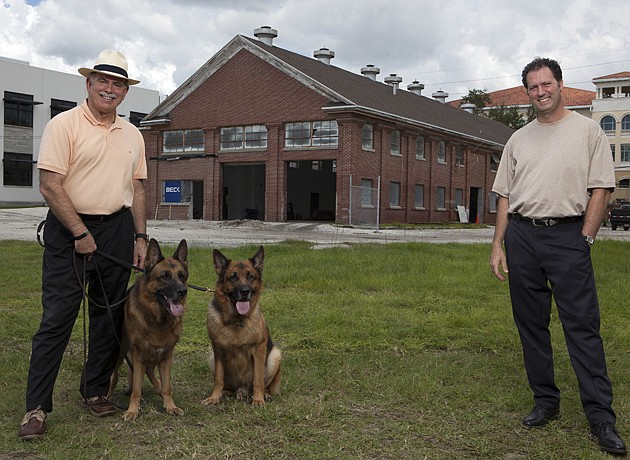- December 13, 2025
-
-
Loading

Loading

Some look at the former Water Works building and see an abandoned brick warehouse in a rundown neighborhood north of downtown Tampa. Not Columbia Restaurant Group President Richard Gonzmart.
He envisions Ulele, a lively indoor-outdoor waterfront restaurant with a Native American theme that will serve beer brewed with water from the nearby Ulele Spring, which is named after the 16th century Native American Princess Ulele (pronounced You-lay-lee).
Columbia Restaurant Group, started in 1905 by Gonzmart's great-grandfather Casimiro Hernandez, a Cuban immigrant, is investing $4 million to create Ulele. It is expected to open in the spring.